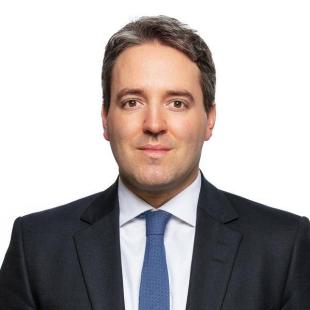Succession Planning
Key contacts
Unlike contingency planning, succession planning deals with the long-term transfer of assets. Families and family business owners are faced with the question as to whether the legal order of succession should apply or whether they wish to make arrangements for the estate during the person's lifetime. A typical motivation for the latter course of action is to ensure that family assets are kept together, backed by a will to cover any action not already taken during the person's lifetime.
Advance estate planning
Substantial wealth in particular is often passed on within the family during the person's lifetime, for example through gifts to children or by establishing a private foundation. This can be more efficient from a tax viewpoint than inheritance at a later stage, while also increasing the options of the younger generation whose role it is to nurture and maintain the family's assets. It also makes a key contribution to reducing conflict within the family. Last but not least, there is often the desire to change the legal order of succession, or to exclude it, because it is apparent that the direct legal heirs or community of heirs do not have any interest in keeping family assets intact.
Transfer of individual assets not passed on during the person's lifetime can be safeguarded by means of a testamentary disposition. This is highly advisable because intestate succession often leads to conflict between the successors.
Our succession planning specialists will advise you on choosing between gift tax and inheritance tax, taking the relevant allowances into account. In order to make the best possible arrangements for your estate in accordance with your wishes, we draft deeds of gift and inheritance contracts to suit your specific financial situation.
Succession planning for family businesses
Family businesses should always include succession planning in their articles of association. These provisions should reflect the partner or shareholder's plans for retirement and their personal will. Our succession experts can assist you in creating corporate succession arrangements that are optimised with regard to both tax and business aspects.
Succession planning in other countries
If assets are held outside Germany or the testator (temporarily) resides abroad, inheritance tax and any gift tax in the relevant countries must also be considered during succession planning.
The European Succession Regulation will apply to estates of individuals dying after 17 August 2015. It introduces a completely new system to decide which law applies in such cases. As such, the EU Succession Regulation simplifies the cross-border settlement of estates within the EU. Nevertheless, testators and heirs will need to adjust to a number of changes. In future, for example, the inheritance law of the country in which the testator has their habitual residence will apply. The law of the country of citizenship can, however, be chosen in a will. This opens up completely new options. We will be pleased to provide you with more details.
Legal experts for Succession Planning





Explore more
Local market knowledge. Global outlook
We provide future-facing legal advice to help your organisation thrive. Combining local market knowledge and a global perspective, and with lawyers in locations worldwide, your organisation benefits from the expertise it needs, even across borders.
About CMS











